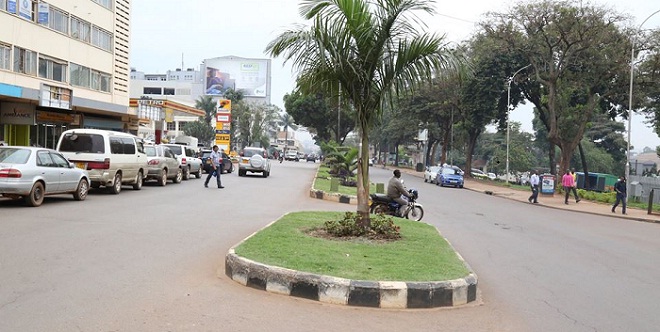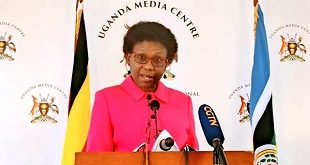
Kampala, Uganda | PROSSY NANSUBUGA | Over 52,000 Ugandans have petitioned government to rename streets in Kampala and other landmarks in the country that were named by colonialists.
In a document addressed to President Yoweri Museveni and Speaker of Parliament Rebecca Kadaga yesterday, the petitioners said that the continued display of colonial icons, monuments, street names and other colonial relics in Uganda is a continued glorification of colonial conquest and occupation.
The petition was presented to Speaker Kadaga by prominent lawyer Apollo Makubuya, Justice James Ogoola (Chair Elders Forum), and MP Busiro East Merdard Segona.
The petitioners believe that the removal of symbols and renaming of Kampala streets and geographical features like Lake Victoria in Uganda “will minimize colonial supremacy and heal the humiliation and brutalization of Ugandans”.
They said renaming the streets would be a way of “upholding the fundamental human rights and freedoms of Ugandans as it would be respectful to those who fought for Uganda’s independence in the 1960’s”.
Some of the streets in Kampala are named after colonial soldiers such as Brigadier Gen Trevor Teman, Lord Fredrick Lugard, Major Gen Henry Colviile, Com. Henry George Galt and King’s African Rifles, all whom the petitioners argue, were notorious for inhuman and degrading treatment of the people of Uganda.
In the same spirit, the petitioners also want the school curriculum revised particularly on Uganda’s struggle for independence to ensure that Uganda’s history is taught in its entirety, instead of only praising colonialists.
In renaming the streets, they called upon government and parliament to make comprehensive policies and laws to streamline the naming and re-naming of geographical features, streets, public places by a representative body of eminent Ugandans in the way that addresses colonialism/ oppression.
 The Independent Uganda: You get the Truth we Pay the Price
The Independent Uganda: You get the Truth we Pay the Price




This is a BRILLIANT demand. It should be honored by the President. We want Uganda back to us in totality more than the Uganda we have now; it is partly ours and partly for the colonialists.